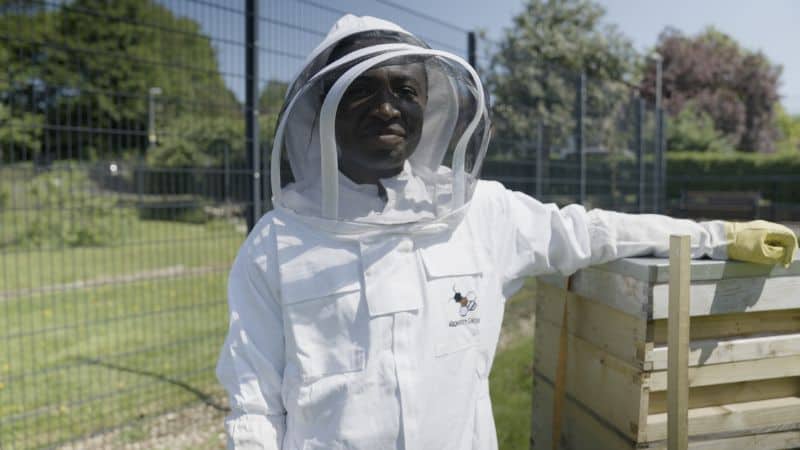A Chief Sustainability Officer (CSO) takes responsibility for the action that their organisation takes in relation to sustainability. They have a key role in driving sustainability both in their own organisation and more widely; they will need to ensure they are aware of the latest best practice, trends and initiatives to be able to make recommendations on future opportunities and risks.
This wide salary range accounts for the differing scale of remuneration dependent upon company size, sector and location of the position. Smaller start-ups or micro-enterprise businesses may start lower.
The CSO’s role is an important one in driving the green agenda forward and exerting influence both internally and externally.
Please note: the information in our job profiles aims to give a general overview of the role and a guideline to what it involves. The content is not intended to be exhaustive and roles will vary depending on the organisation and sector. The salary ranges are a guide only, as these are dependent on the size and location of the organisation.
How does this role align to the green agenda?
The CSO’s role is an important one in driving the green agenda forward and exerting influence both internally and externally.
A CSO will always look to identify immediate opportunities to ensure their organisation or business adopts and encourages planet-friendly practices and behaviours. They are particularly concerned with the longer-term solutions for healthier environmental and economic outcomes. They will champion and actively pursue activities that do not contribute to global warming and climate change.
Some of their key activities to support this will include:
- Ensuring that sustainability is given due prominence in decision-making at all levels of their organisation
- Promoting and encouraging best practice by engaging with their organisation’s employees, customers, investors, suppliers and wider stakeholders
- Using their knowledge and experience to advance the green agenda externally through engagement with policymakers and the widest possible audience in society at large.

Skills and capabilities
The sustainability sector is constantly evolving so a willingness to keep knowledge up to date and assess relevant risks and opportunities for the organisation is important.
Technical knowledge
- Requires comprehensive understanding of sustainability
- Excellent business management skills such as project management, and business case preparation to ensure alignment with the organisation’s other objectives
- In-depth knowledge of relevant regulations and standards across all areas of the organisation’s operations.
- Sector experience relevant to the organisation is often advantageous and in certain situations can outweigh some technical experience.
Transferable skills

A day in the life of a Chief Sustainability Officer
A CSO’s typical day will vary considerably according to the size, sector and ownership structure of the organisation they are working with.
The role provides an exciting opportunity for someone to drive the green agenda forward. However, it can be a challenging role that carries the responsibility to balance competing priorities and ensure sustainability initiatives correspond to wider business objectives.
There is usually a large degree of autonomy that comes with a role at this level, and the capacity to be both proactive and self-motivated is important.
Typical duties and responsibilities:
Entry routes
There are various entry points to a role as CSO and there is not a ‘one-size-fits-all’ career path. Academic qualifications in a sustainability-related discipline are often required but a clear understanding of managing and running a business is just as important, and as a result CSOs regularly have a combination of technical and business-related qualifications.
There are also a number of apprenticeships across leadership, business and sustainability which may be good foundations for this role.
It is not uncommon for long-serving individuals with extensive experience in other functions (e.g. finance, HR, operations, marketing) to move into a CSO role where their knowledge of the business is considered more important than their technical understanding.
To note: in England, Northern Ireland and Wales, it will typically take three years to complete a full-time, undergraduate degree. In Scotland, it typically takes four years. Apprenticeship courses vary in length, and also require an end-point assessment period. Please check this information on a case-by-case basis.
Potential career progression
The CSO role is usually the most senior sustainability specialist in an organisation. As such the next steps for someone in this role could include:
Relevant sectors
CSOs are needed in businesses across all sectors and organisations, within both the public and the private sector. They will usually combine a strong background in sustainability leadership with experience of a similar organisation to the one they are joining.

Learn about the green agenda across different sectors

As the world’s largest specialist recruiter, Hays is in a unique position to enable real environmental change; on both a local and national scale.











